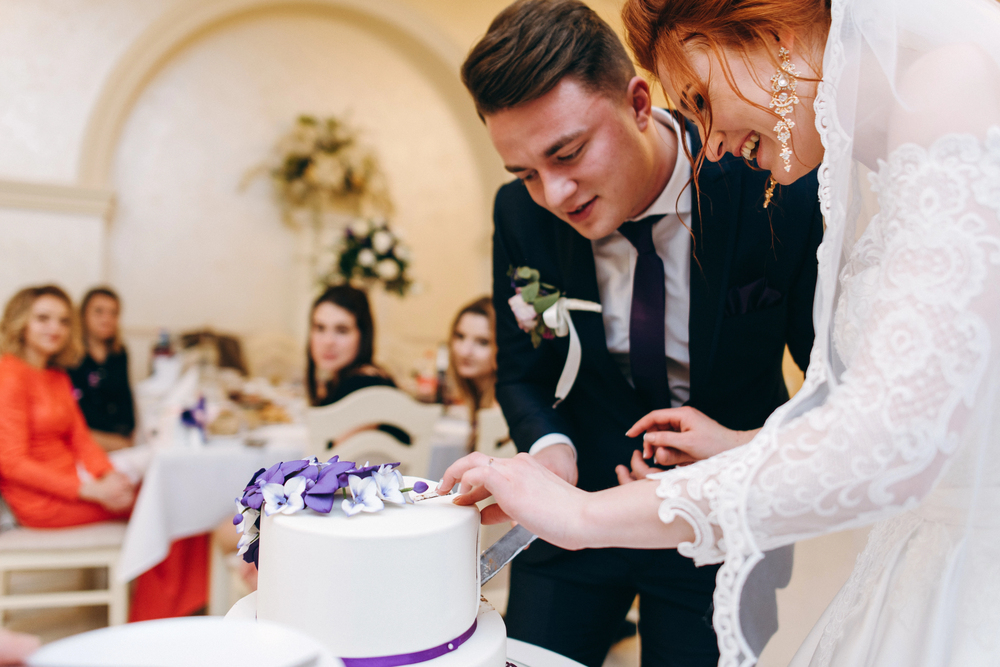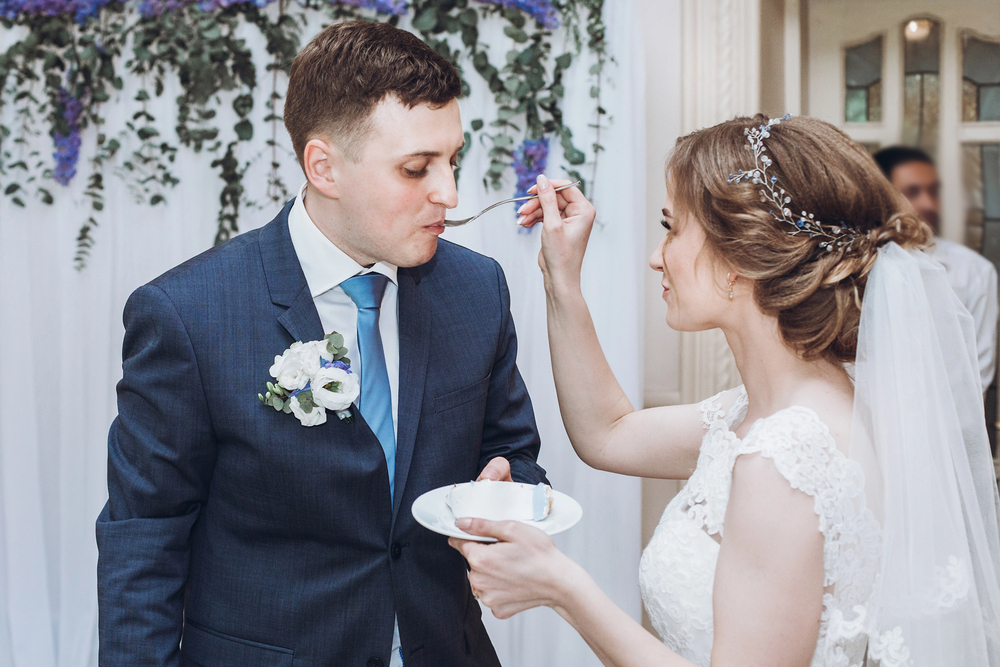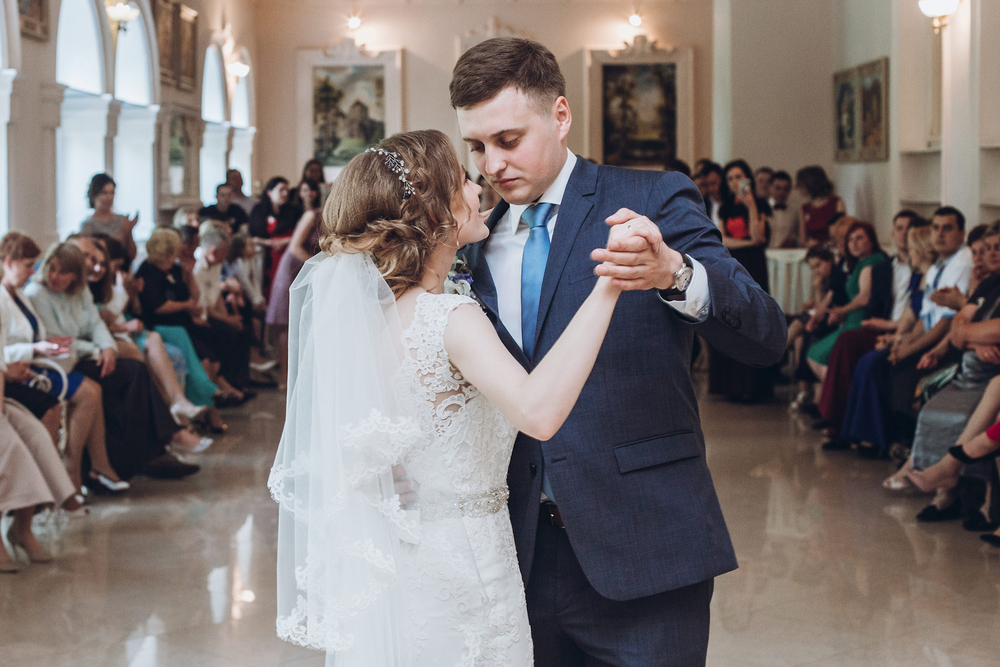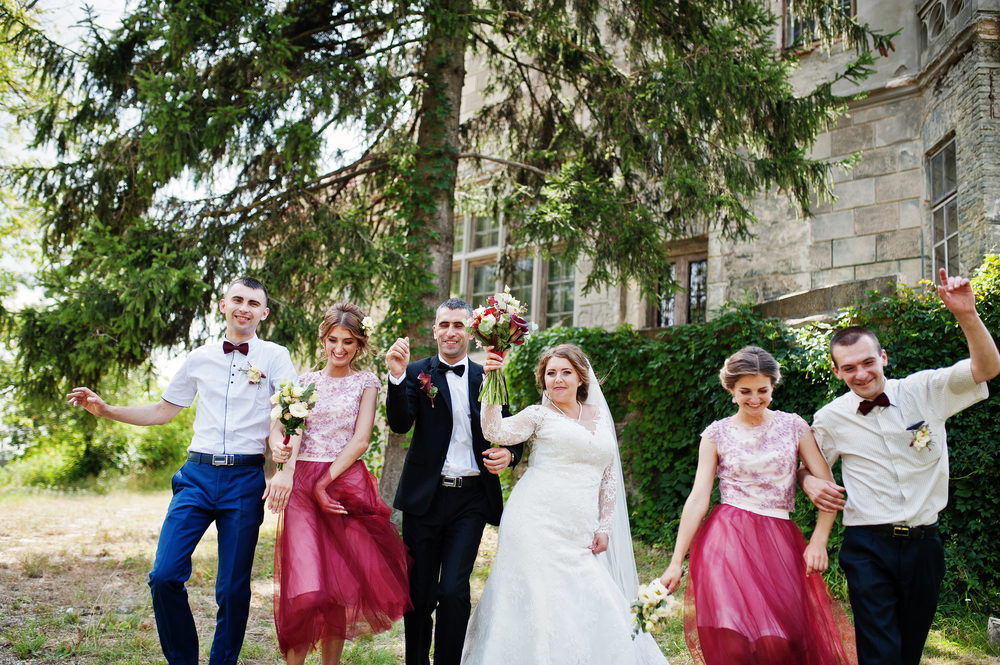
What if the best clues to a couple’s success are not buried in decades of therapy, but on the frosting on their wedding cake? According to experienced wedding professionals and relationship coaches, how couples manage the stress, choices, and drama of wedding planning may say more about them than their flower tastes it may predict whether their marriage will last or fail.

For Robin “Birdie” Yarusso, a Minnesota-based planner with two decades of experience, the red flags start waving long before the vows. And she’s not alone; photographers, therapists, and even bandleaders have spotted patterns that play out again and again. These aren’t mystical predictions, but small, telling behaviours that point to deeper issues like trust, boundaries, and respect.
Here’s a glimpse at the most revealing hints, some lighthearted, some sombre, that insiders claim can signal trouble on the horizon.

1. The Cake Smash That Isn’t Mutual
It may appear to be innocent play, but Yarusso attests to this particular one: if a partner smashes cake on the other’s face without any mutual consent, it is never a positive sign. “Otherwise, it’s a strong indicator of contempt,” she tells Newsweek. She has observed over the years that none of her couples who had an impromptu cake smash are still together.
Why? It’s not about frosting it’s about respect. When one person disregards the other’s boundaries in public, it may presage deeper disrespect that manifests in worse ways down the road. Playfulness is wonderful, but only when both individuals are aware of the joke.

2. The ‘Don’t Tell’ Spending Habits
Money conflicts are perhaps the most frequent cause of breakups, and they tend to materialise prior to the wedding. Yarusso refers to them as the “don’t tells” when one fiancé adheres to the budget, while the other quietly spends more than allocated. It might be flowers, catering, or an impulsive purchase at the last minute, but such secrecy mixes money stress with shattered trust.
As therapist Landis Bejar told Business Insider, “If you’re going way over your personal budget, that is concerning.” Weddings are one day; financial habits last a lifetime. If honesty about money isn’t there now, it’s unlikely to magically appear later.

3. Family Oversteps and No One Checks It
India to America, parent interference can be a back-burner marriage killer. Yarusso cautions that when one mother of the bride or groom intrudes and her child doesn’t draw boundaries, it’s a foreshadowing of future conflict. In India, a study has demonstrated that excessive parental interference can increase divorce probability from 20% to 45%.
It’s not cutting family out of the picture it’s safeguarding the couple’s freedom to make their own choices. As Bejar says, “Only ever putting your family of origin first instead of the partner is not a good sign.” Without boundaries, in-laws become a constant source of stress, particularly when kids enter the mix.

4. One Partner Just Doesn’t Care
When one is all-in on wedding planning and the other doesn’t care enough to bother, it’s not just a style difference it can be an indication of uneven investment in the relationship. Yarusso remembers grooms who were assigned one easy task and still hadn’t gotten it done a week before their wedding.
Vasia Toxavidi, a London therapist, cautions that weddings organized by one partner while the other is able but unengaged are likely to lead to divorce. It’s not loving centerpieces it’s being present for the shared milestones that both individuals care about.

5. Zero Chemistry in Photos
Photographers are presented with a couple’s raw dynamic. Christopher Todd Griffiths explained to the Daily Mail that when couples hardly look at each other or refuse to pose together, it’s not camera shyness it’s a lack of attachment. “They really are unwilling to cooperate,” he observed.
Body language does tell. Couples that naturally lean towards one another, share a smile, and are at ease together are likely to do better than those that appear physically or emotionally distant, even on their wedding day.

6. Meltdowns Over Minor Mishaps
Surprise hiccups such as a lost boutonniere or a delayed cake are unavoidable. The true test is whether couples respond to them as a unit or become combative with one another. Photographer Devin Dugard maintains that when couples begin blaming rather than solving, “it’s usually not about the flowers or the cake.”
Yarusso concurs, adding that couples that laugh away errors and compromise readily tend to have the healthiest long-term relationships. Conversely, those who fall apart over minor stressors can find it difficult when real life hits them with greater challenges.

7. The Shadow of Parental Divorce
Other times, the red flag is not in the wedding, but in the past. Studies of engaged couples indicate that women whose parents divorced felt less committed to their own impending marriages and less confident about them than women from intact families. This held even after accounting for relationship quality and parental conflict.
While it does not condemn a marriage, it can influence expectations and preparedness. As the researchers imply, tailored relationship education may assist couples, particularly women from divorced families acquire skills and confidence necessary for long-term stability.

Weddings are supposed to be celebratory, but they’re also telling. From frosting flings to politics at the family table, the manner in which couples handle this high-stakes instant can reverberate far past the altar. Paying attention to these tendencies isn’t about anticipating disaster; it’s about recognising where the cracks might begin to widen, so they can be filled before they spread. After all, the ultimate wedding present may be the insight to create a marriage that will endure.


